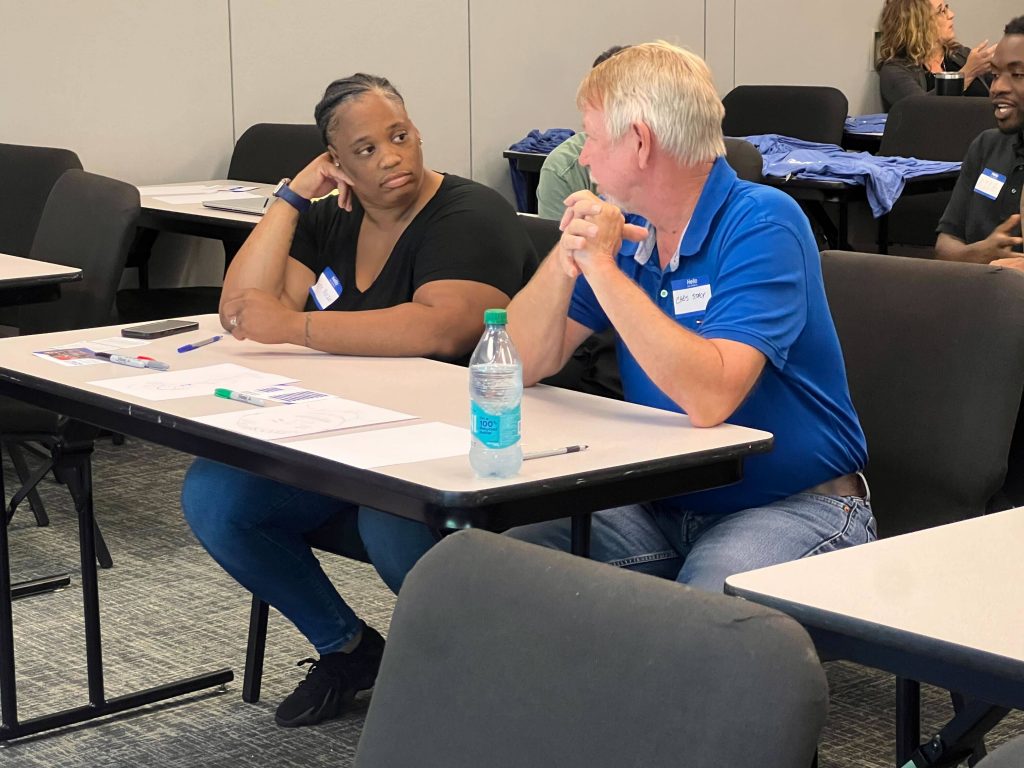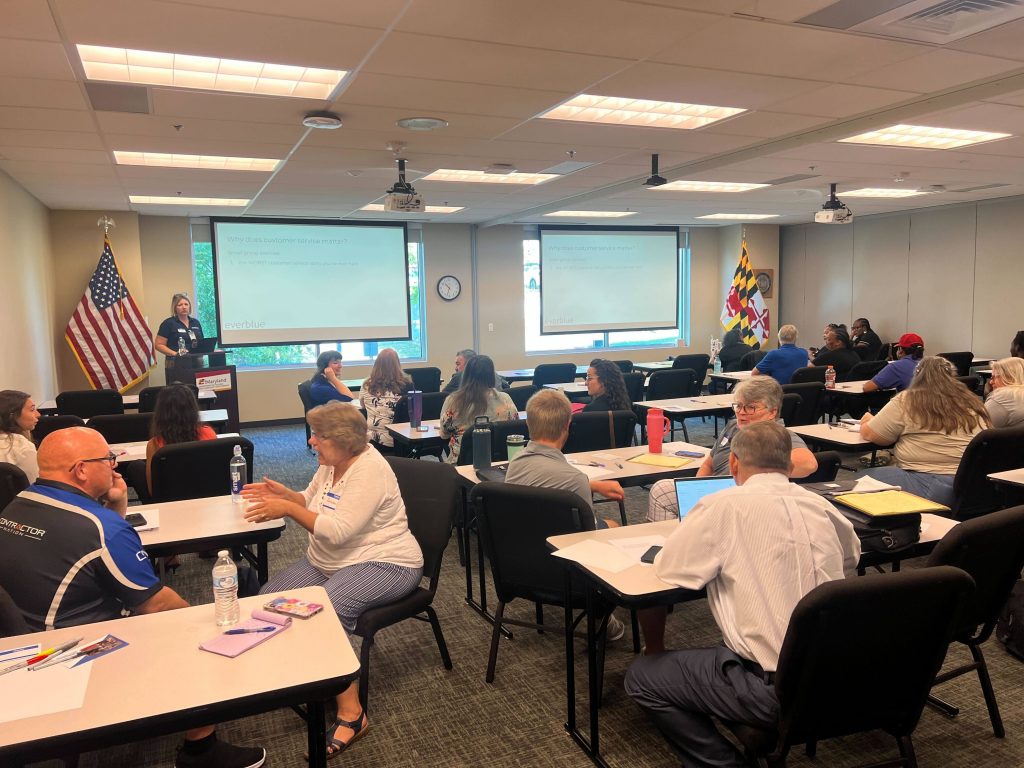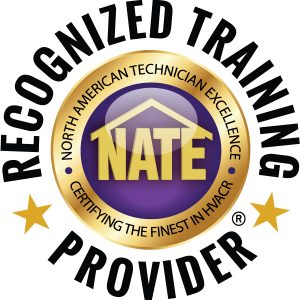Subtotal: $399.00
The Importance of Communication and Soft Skills in Weatherization
In the world of weatherization, technical skills get the job done—but it’s communication that keeps jobs on track, clients satisfied, and crews working efficiently. Across the WAP network, strong soft skills aren’t just nice-to-have; they’re essential to running programs that are consistent, respected, and successful. Whether it’s an Energy Auditor setting expectations or a Crew Leader managing tensions in the field, clear and respectful communication can make all the difference. When clients feel heard and crews feel supported, the entire program runs smoother.
Field teams are the face of the program. They’re the ones stepping into homes, explaining complex scopes of work, and building trust with clients who may be unfamiliar—or even uneasy—with the process. In those moments, the ability to communicate clearly, respectfully, and with confidence isn’t just helpful—it’s essential. It shapes how clients perceive the program, how smoothly the work goes, and how likely the team is to get it right the first time.

Skills like active listening, de-escalation, and professional email etiquette might seem secondary to technical training—but in practice, they’re often the difference between a job that runs smoothly and one that falls apart. Soft skills help crews avoid misunderstandings, keep tensions low, and build trust—not just with clients, but with each other. They’re the quiet force behind higher job completion rates, better morale, and more efficient, collaborative field teams.
In a role where trust is built one conversation at a time, strong communication is essential.

To dive deeper into these essential communication skills – like active listening, setting expectations, and managing difficult conversations – check out our WAP Customer Service course. It’s designed to equip field teams with the tools they need to build trust, improve client experiences, and keep projects running smoothly from start to finish.
 NATE Certification Training
NATE Certification Training